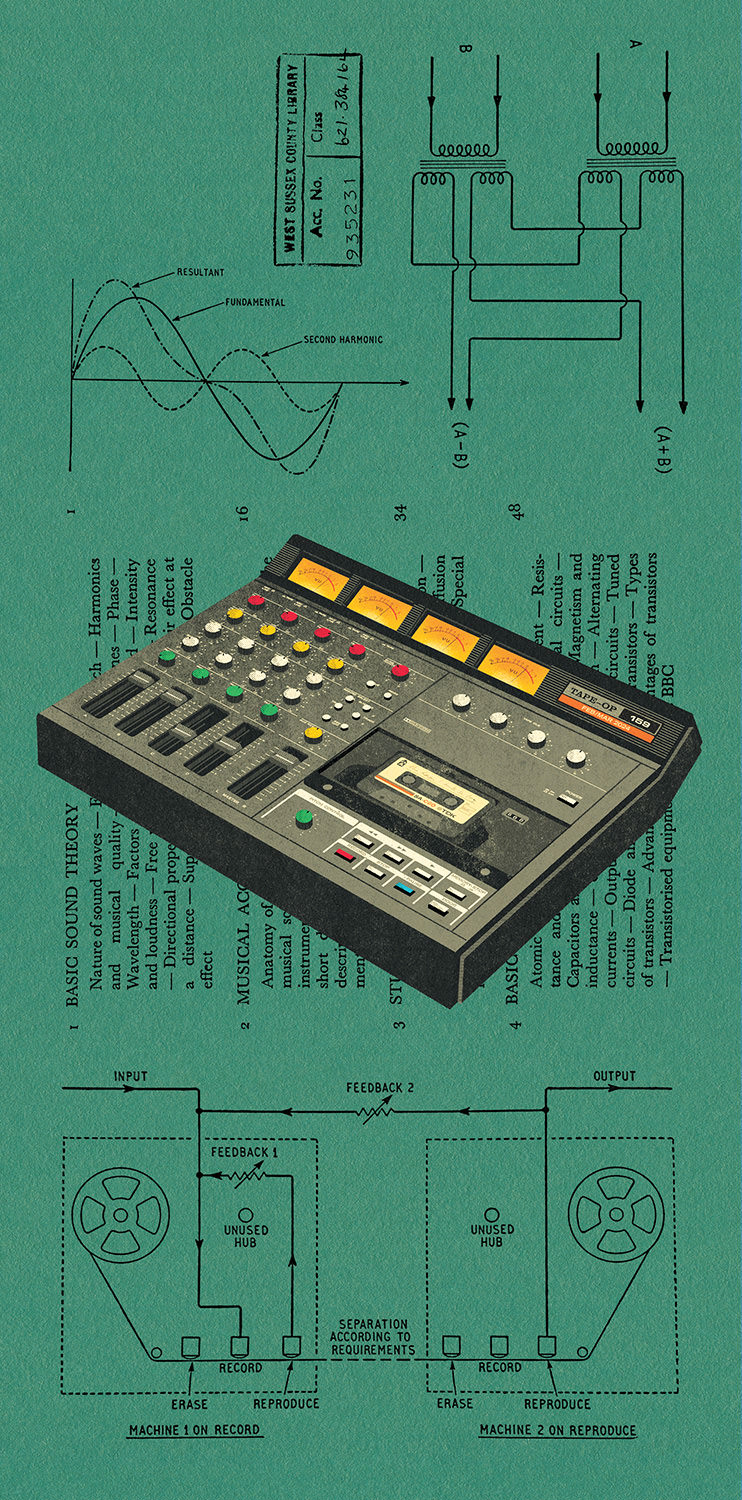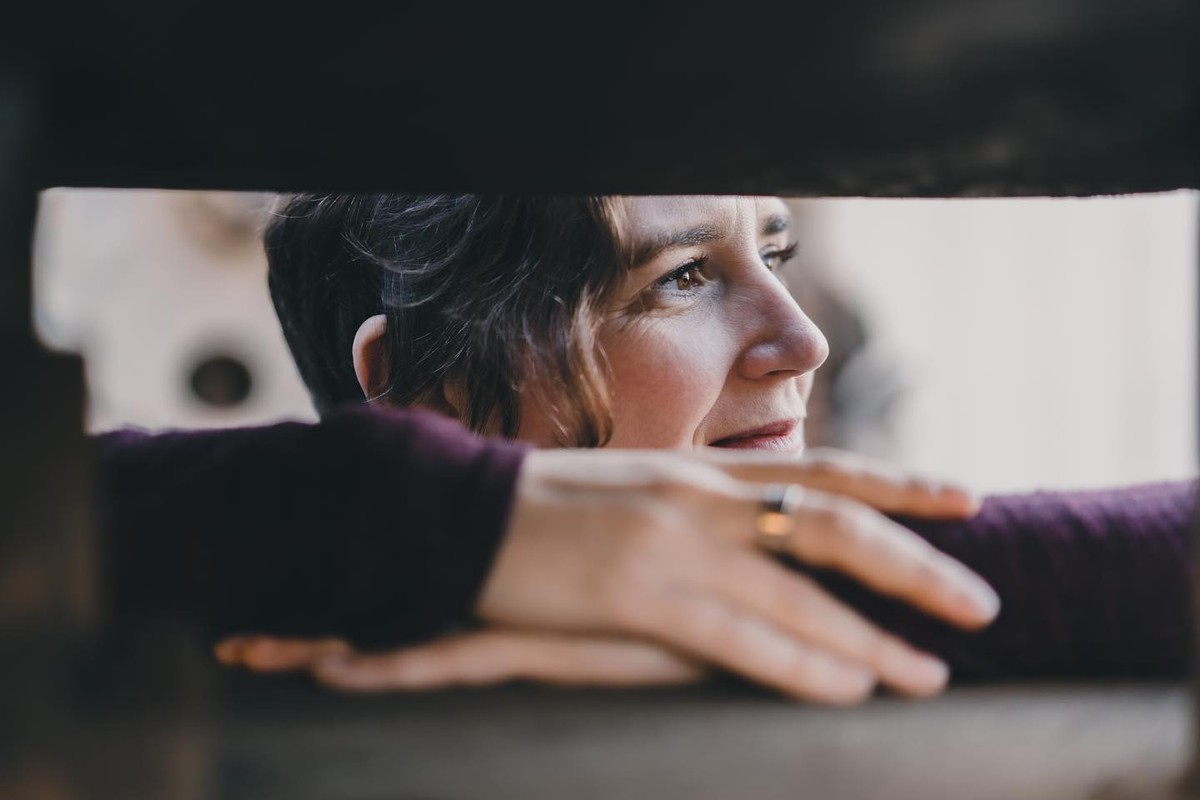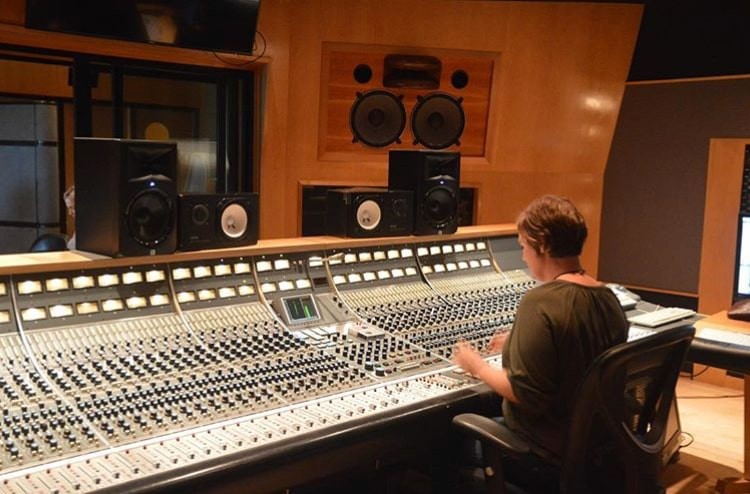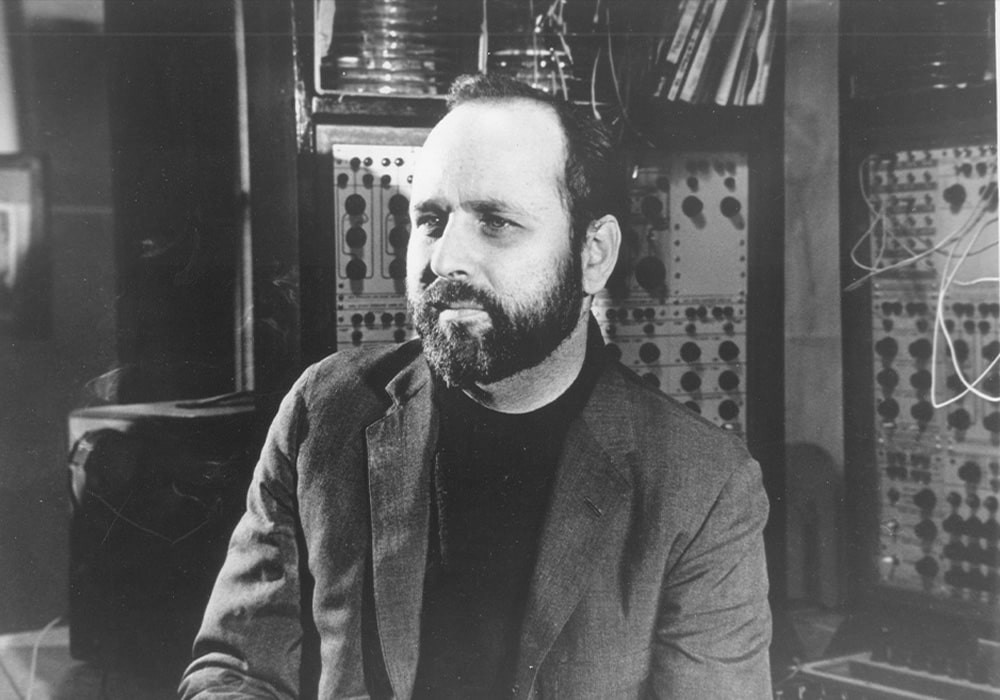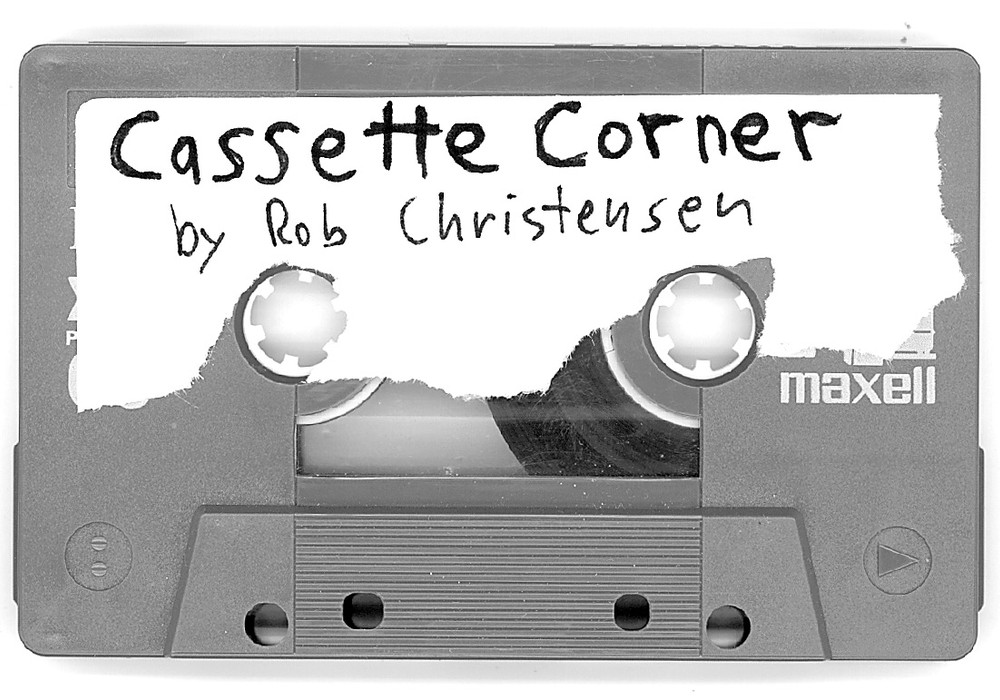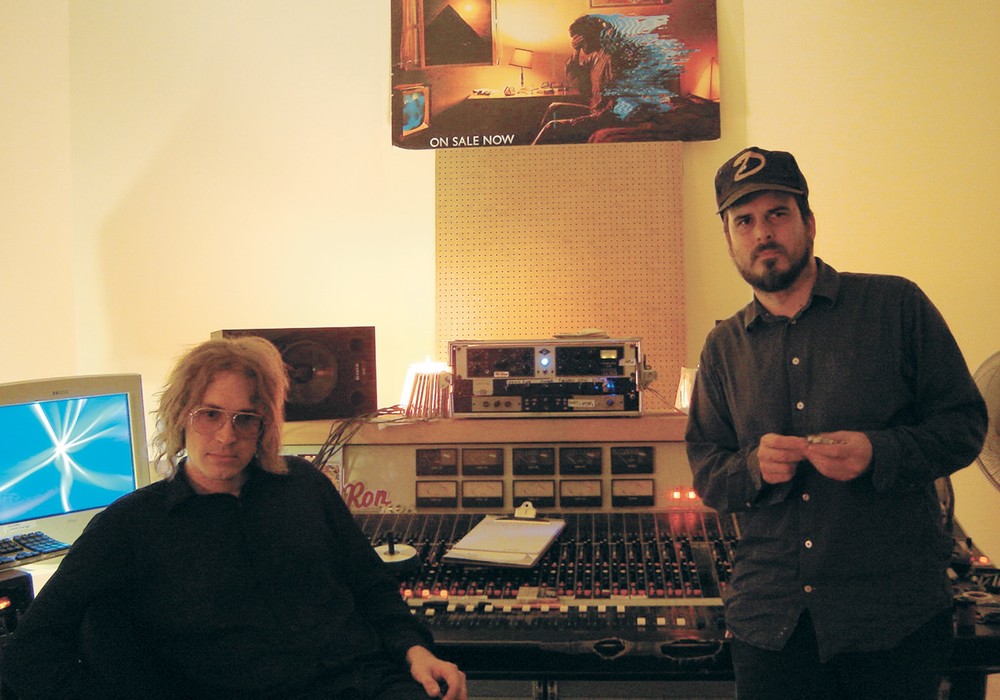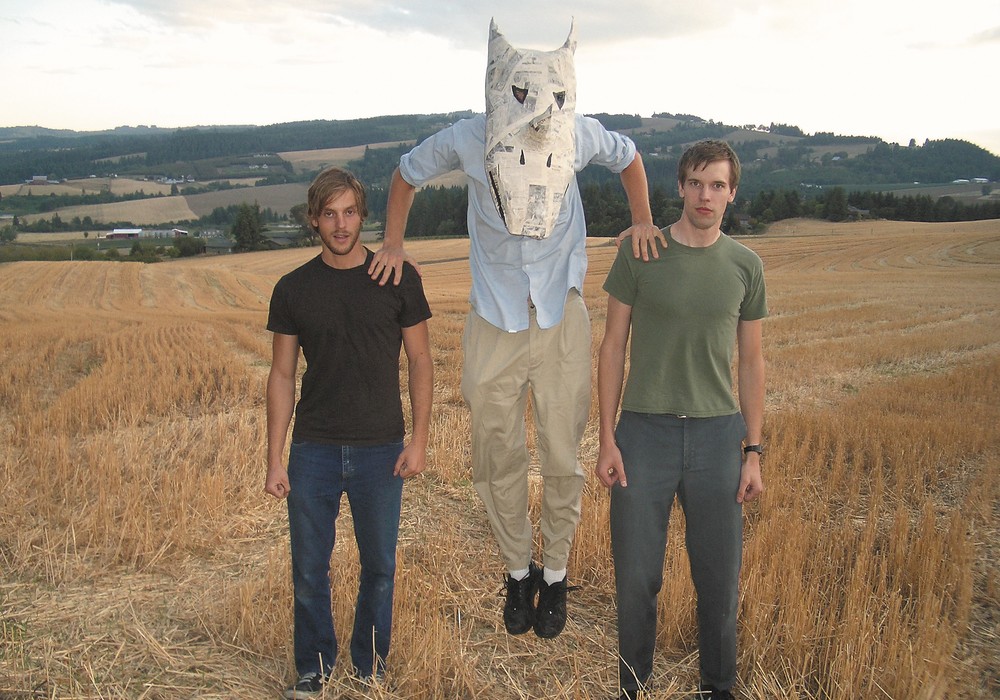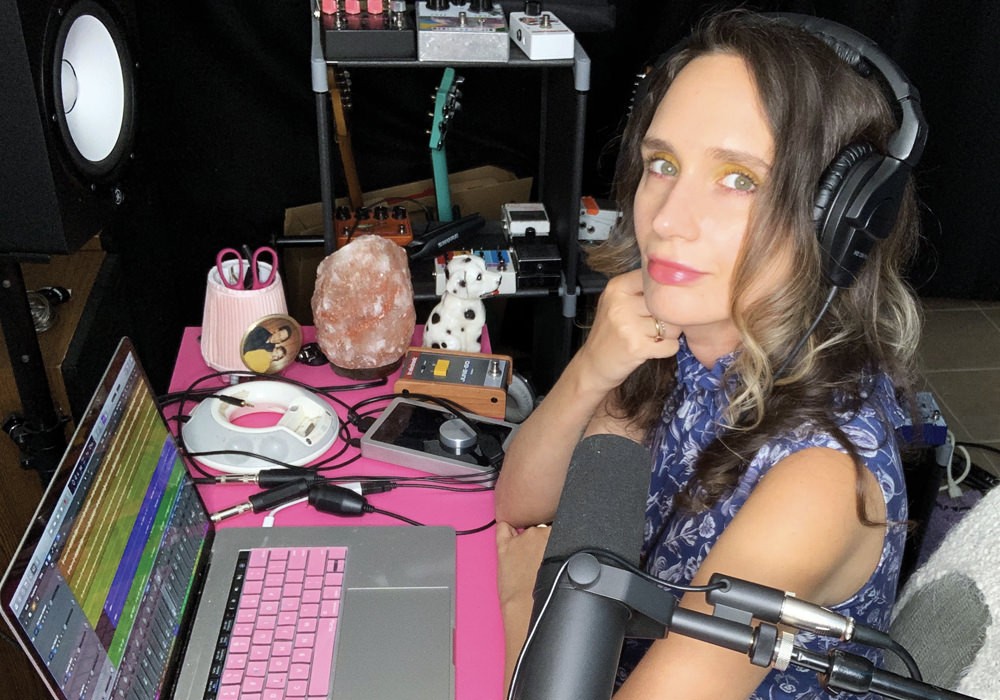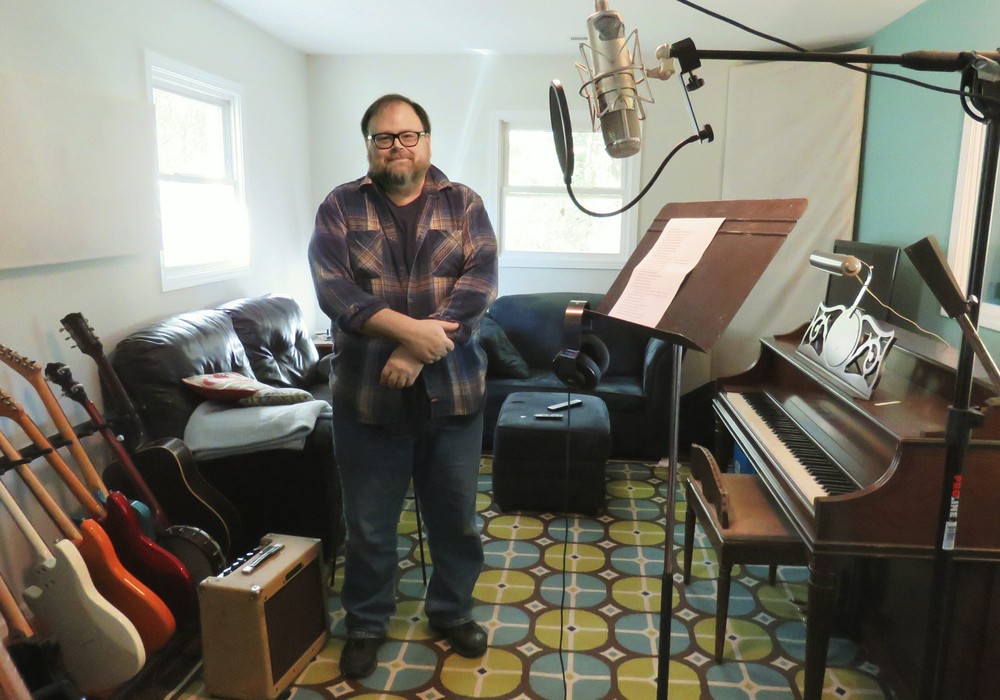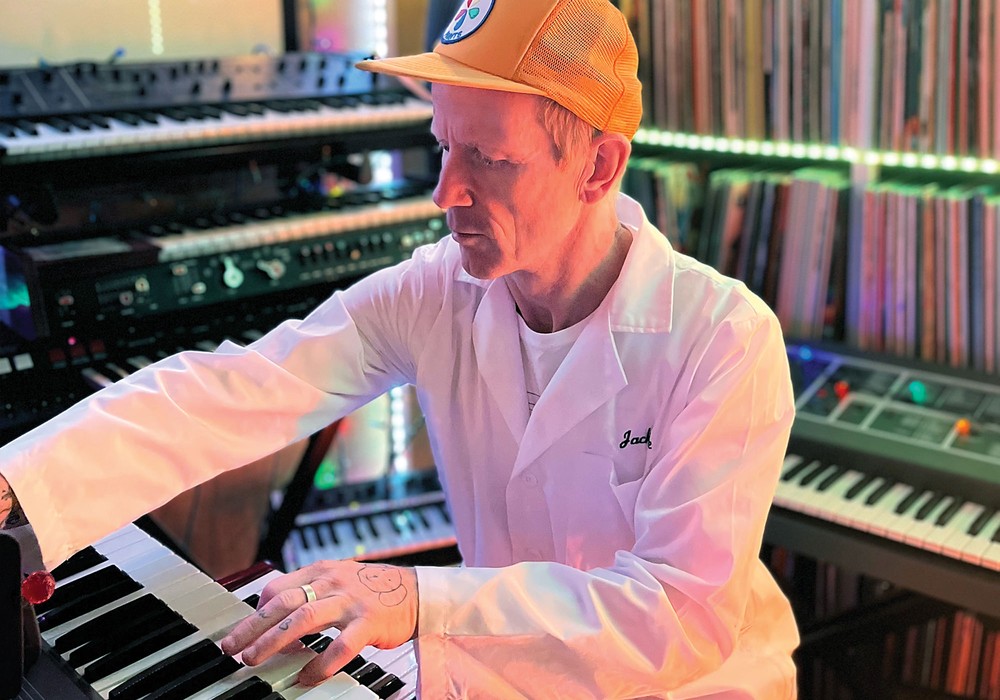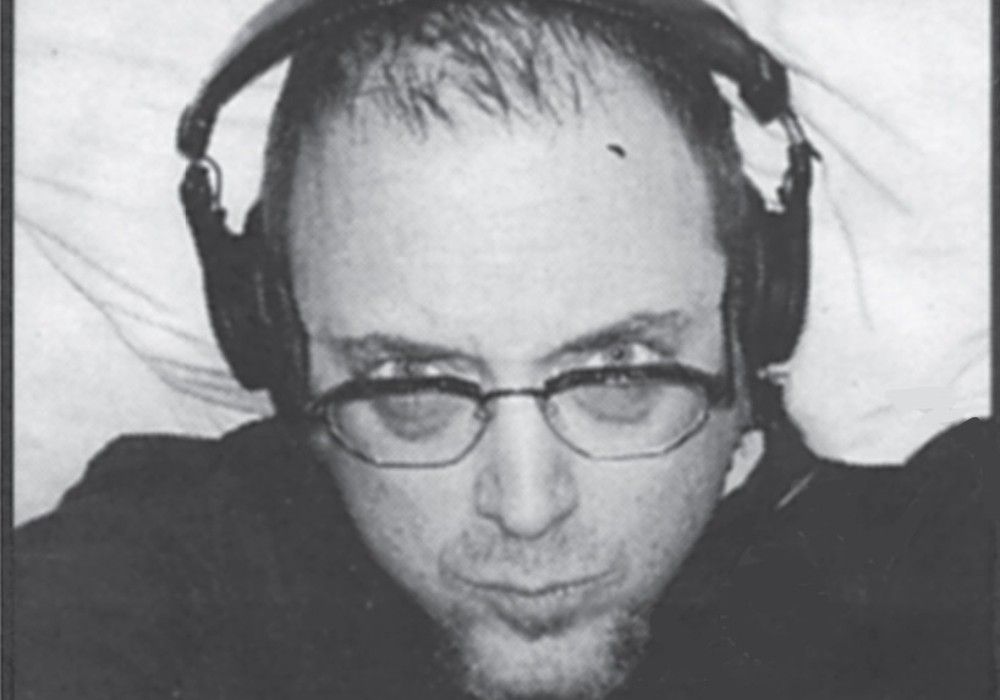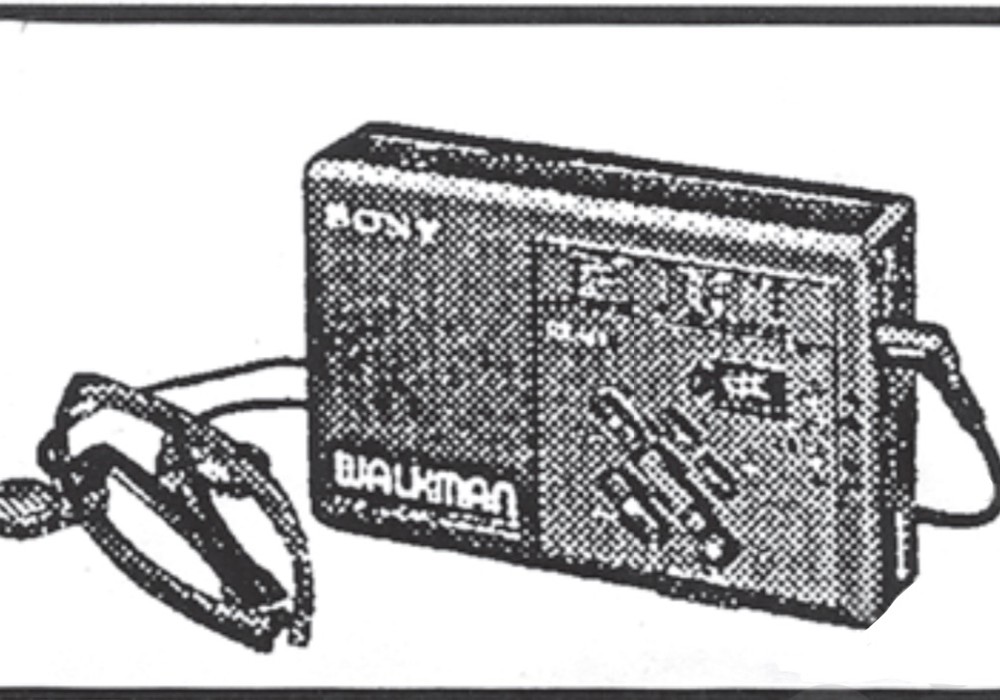How did you get started in audio?
I feel like the entry point to all of this was definitely songwriting. My family was musical and loved music. My mom loved musicals, but as a young teenager I got interested in songwriting and that was the thing that brought me into the studio. A music teacher suggested I go record them and enter a song into a competition when I was around 15. Through that, as well as walking into a local studio that was run by a musician and a songwriter himself, I fell in love with the control room. I was so fascinated.
Talk a little bit about that first studio. What era is this? What were they using there? Was this a person who was serving the local musicians?
It was two different studios. The first one is a little bit outside of my town [Wicklow Town, Ireland], and I remember the guy was using analog; I think it was a 24-track. The second studio was similar. I don't know that I was as aware of what was being used at that point, but I do remember the consoles. I strongly remember the reel-to-reel in the first studio and watching him operate the tape machine.
How were the adults in that scenario? Were they welcoming and into teaching you what was going on?
Yeah, definitely. Maybe I got lucky in that sense, but I do feel the first two engineers were very encouraging. I don't remember feeling anything but joy, excitement, and support from family, and even local people in the town. I ended up making a little cassette with four songs on it, printing a hundred copies, and asking the local music store owner if he would stock the tape. I was popping back in every few days to see if there was one off the shelf. [laughter] In a way, it was almost a little label. It was the first inkling of me releasing music. I still have that little tape!
What was the local record store?
It was called Track One Music. It was run by this lovely man [Sean Olohan]. His wife [Jackie] was my music teacher in school. She taught music at the school, and he ran the only music shop in the town that sold instruments, vinyl, CDs, and whatnot. They're still around; I see them when I go home. My town is very small, and sometimes people will say, “I still have your cassette tape.”
After growing up in that town, what happened? Where did you head off to next?
In that same time when I was recording the songs, a friend of mine told me that Paul McCartney had just started the Liverpool Institute for Performing Arts [LIPA]. I believe I was in a transition year, where we had a year before our last two years of high school to help do career guidance. That's when I heard about the school and that they were offering sound technology, specifically. I remember going to speak to the career guidance counselor that year, and she said, “What do you want to do?” And I said, “I want to be a sound engineer.” She said, “That's not a job, that's a hobby.” At that point there weren't really role models. There were no other women at that point that I knew about. Once I got to the states, I started hearing about Leslie Ann Jones [Tape Op #74], Sylvia Massy [#63], Trina Shoemaker, and many other incredible women that came before. The other thing that I had a strong interest in was psychology. I joke that I ended up doing both, because to me the studio is 80 percent psychology.
So, you wound up studying sound technology at Liverpool Institute for Performing Arts?
Yes, I finished the degree in 2000. During that time, I had come to the States to visit family friends. Through them, I met some beautiful Brazilian jazz musicians and their whole family. They were making trip-hop, mixed with Brazil, mixed with jazz. In the years where I was studying, we kept in touch. I did...
